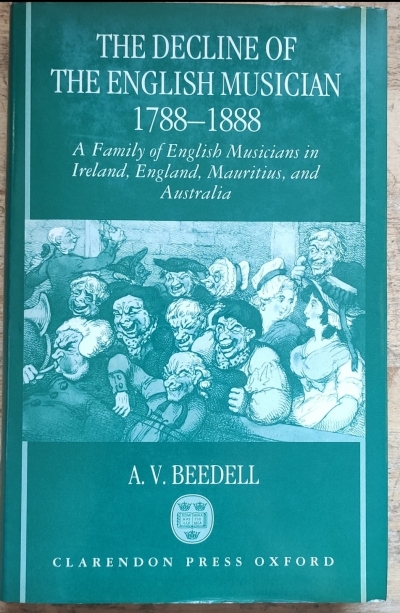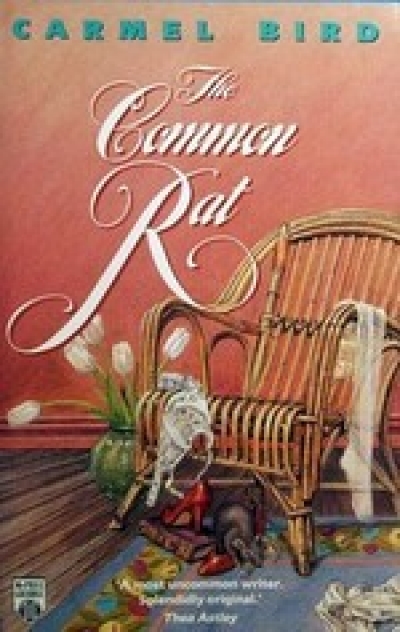Archive
The boy’s heart sank when he saw the ship.
For as long as he could remember he had held the dream of his first ship. She would be long and sleek, riding low in the water, white, with touches of blue along her prow. The funnel would stand high and proud, with the scarlet insignia of the line.
... (read more)The daily special at the Great Northern Hotel that blustery late-November day was chicken schnitzel, mashed spuds, peas and a free pot for four bucks, but Marie’s spelling had struck again. Schitzel would not be passed up by anyone.
... (read more)The Decline of the English Musician 1788-1888: A family of English musicians in Ireland, England, Mauritius, and Australia by A.V. Beedell
by Harold Love •
Gross Moral Turpitude: The Orr Case reconsidered by Cassandra Pybus
by Beverley Kingston •








